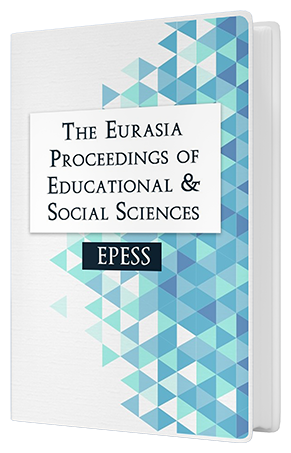Exploring Challenges Faced by Managers Dealing with Multi-Generational Workforce
DOI:
https://doi.org/10.55549/epess.1221498Keywords:
Multigenerational workforce, Challenges, Personality, CommunicationAbstract
Hive Digital Media has a diverse employee workforce with employees from different generations. The management team is struggling to motivate the employees, instruct employees to perform tasks adequately and consistently and have seen an increase in employee turnover. This study aimed to explore the challenges managers facing when dealing with multi-generational workforce. Qualitative research was conducted among managers to understand how they manage multi-generational workforce. Purposive sampling technique was used to select the participants. One-on-one in-depth interview was conducted virtually, and open-ended questions were used to collect the data. The study found that managers should understand the different generations and their personalities as a base. Managers must then take the time to identify each employee as an individual person and what the need, wants and goals are of each employee. By managers upskilling themselves with knowledge on the different generations, they can equip themselves with the tools they need to solve the challenges successfully. Managers need to make a concerted effort to make time for communication and getting to know each individual employee. Using the information on the different generations as a base but gaining in-depth information on employees. It could be concluded that although it is important to understand the different generations, personalities need to be managed and categorising or stereotyping employees into generation groups needs to be avoided.Downloads
Published
Issue
Section
License
Copyright (c) 2022 The Eurasia Proceedings of Educational and Social Sciences

This work is licensed under a Creative Commons Attribution-NonCommercial-ShareAlike 4.0 International License.
The articles may be used for research, teaching, and private study purposes. Any substantial or systematic reproduction, redistribution, reselling, loan, sub-licensing, systematic supply, or distribution in any form to anyone is expressly forbidden. Authors alone are responsible for the contents of their articles. The journal owns the copyright of the articles. The publisher shall not be liable for any loss, actions, claims, proceedings, demand, or costs or damages whatsoever or howsoever caused arising directly or indirectly in connection with or arising out of the use of the research material. All authors are requested to disclose any actual or potential conflict of interest including any financial, personal or other relationships with other people or organizations regarding the submitted work.




